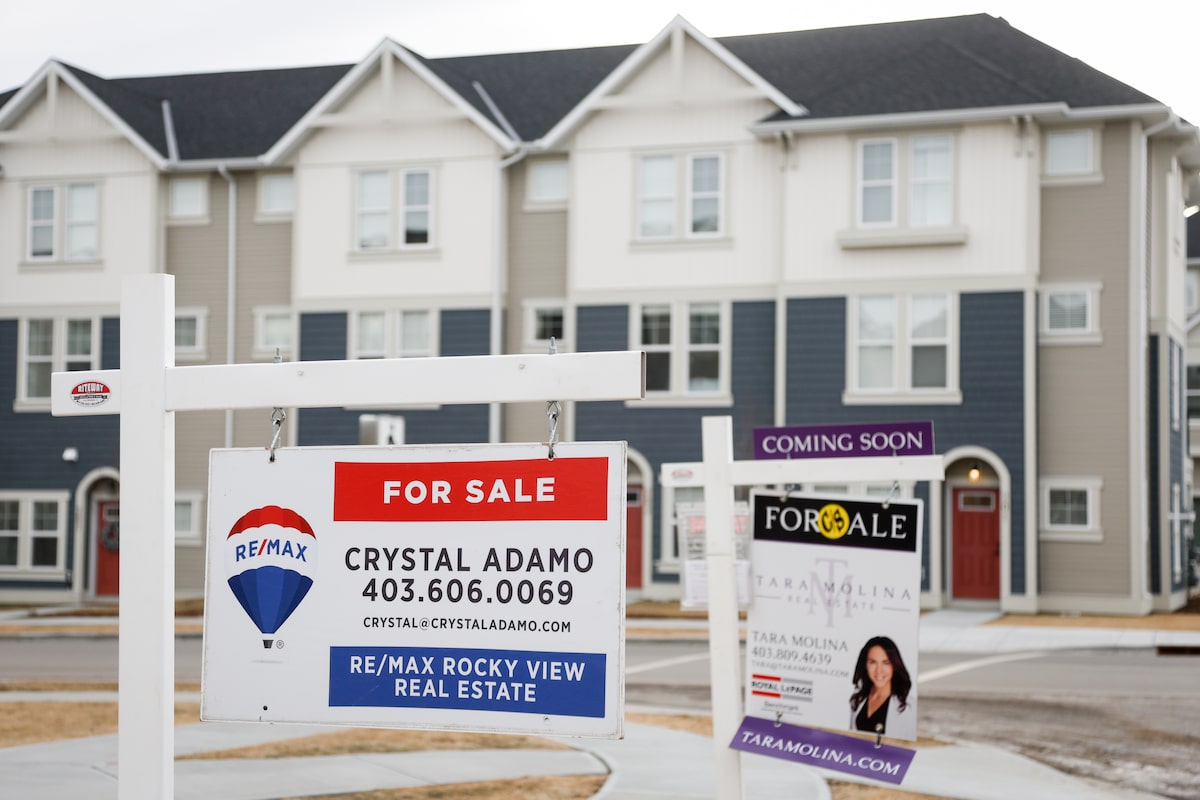M
ayor Eric Adams plans to overhaul New York City’s Rent Guidelines Board (RGB) as he leaves office, possibly appointing his real‑estate‑TV friend Eleonora Srugo to a seat. The move is aimed at countering Socialist candidate Zohran Mamdani’s pledge to freeze rents on the city’s roughly one million rent‑stabilized apartments. Sources say Adams will name at least six new members, reshaping the nine‑person board before Mamdani could take office.
Srugo, who stars in Netflix’s “Selling the City,” is among the candidates. “It’s not just about freezing rent,” a source explained. “The goal is to keep landlords able to maintain and own rent‑stabilized buildings, covering energy and upkeep costs.” The real‑estate lobby argues that capping rent increases would lead to neglect and deterioration of properties, citing rising operating expenses.
Mamelak, the mayor’s press secretary, defended the right to appoint new board members at any time, noting that any changes would be announced once finalized. She emphasized Adams’ commitment to supporting working‑class New Yorkers and expanding affordable housing beyond his term.
Mamdani’s platform centers on a rent freeze, but a mayor cannot unilaterally impose such a cap; the RGB, composed of mayoral appointees, holds the real power. By reshuffling the board, Adams could limit Mamdani’s influence for at least the first two years of a potential Democratic term. The RGB’s nine seats include two four‑year terms, six terms split between two and three years, and a chair who serves at the mayor’s pleasure. Six current members are on expired terms, some appointed by former Mayor Bill de Blasio, and can be replaced. A seventh member, appointed by Adams, will leave on December 31.
During the final debate of the independent campaign, former Governor Andrew Cuomo hinted at this strategy, suggesting Mamdani would struggle to deliver on his rent‑freeze promise without control of the board. Adams has previously selected board members who raised rents by 3 % this year, yet publicly urged consideration of tenants’ high cost of living.
De Blasio had once pressured the RGB to enact rent freezes repeatedly. Mamdani cites a 12 % profit figure from an early‑year report, but that statistic only reflects revenue after operating costs and ignores mortgage obligations.
The RGB’s mandate is to recommend rent adjustments that balance affordability for tenants with the financial viability of landlords. Critics argue that a blanket freeze could trigger a wave of vacancies and reduced maintenance, ultimately harming the very residents it intends to protect. The board’s composition has historically reflected a mix of tenant advocates, landlord representatives, and independent experts. By shifting the balance toward pro‑market appointees, Adams aims to steer policy away from radical rent controls.
The real‑estate lobby, represented by the New York Association of Realtors, has called for a “balanced approach” that protects tenants while ensuring landlords can cover mortgage payments and maintenance. Housing economists point out that the 12 % profit figure cited by Mamdani only accounts for net operating income, excluding debt service and capital expenditures, making a freeze economically unsustainable.
Adams’ own record on rent policy has been mixed; he has overseen modest increases in stabilized rents to keep the market functioning, but has also supported initiatives to expand the supply of affordable units. The upcoming changes will be announced in the coming weeks, with the mayor’s office promising transparency and consultation with stakeholders.














